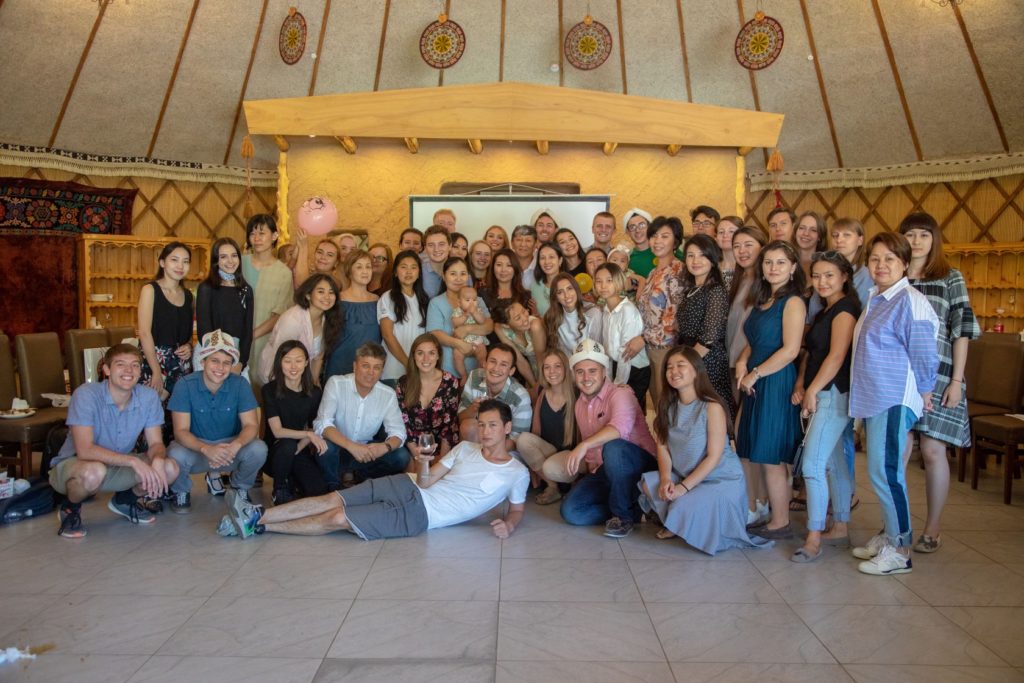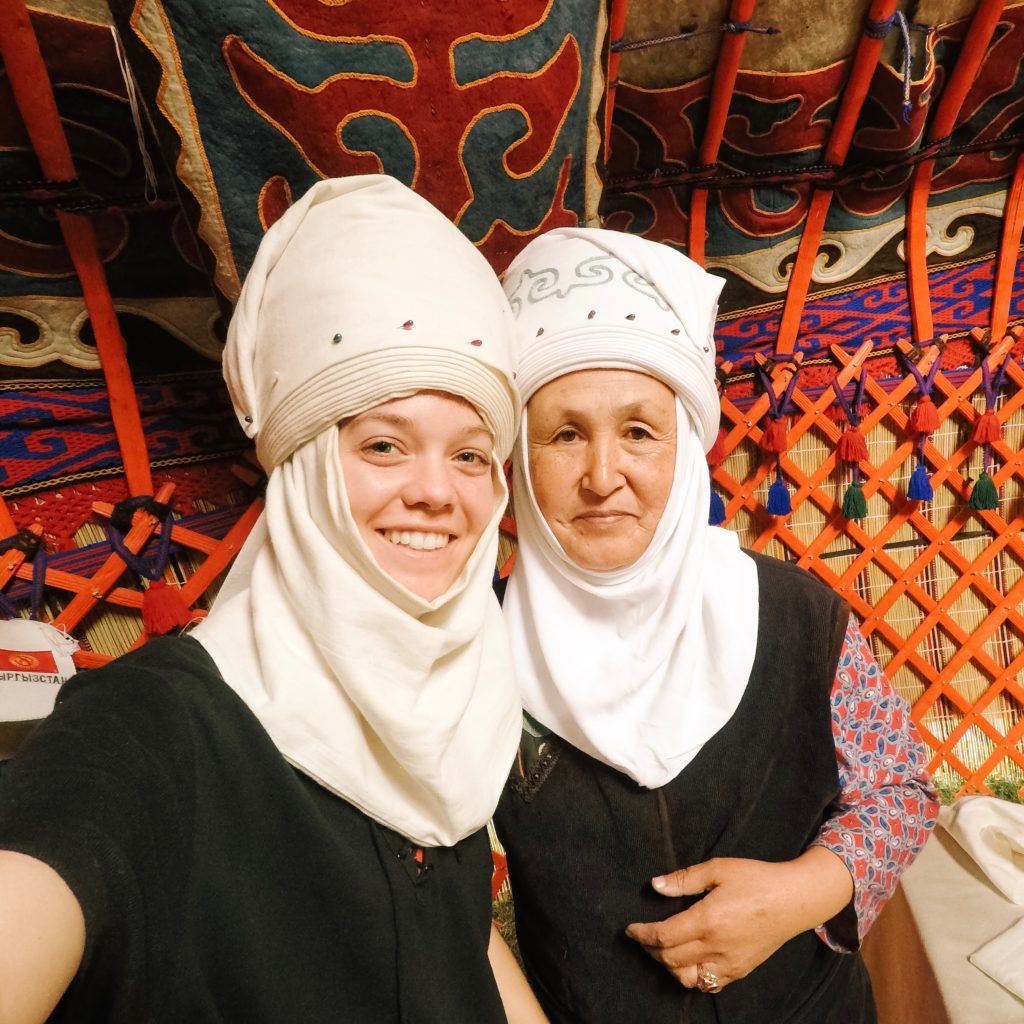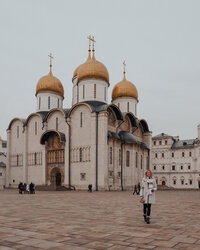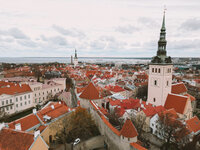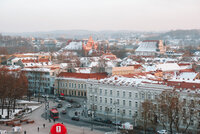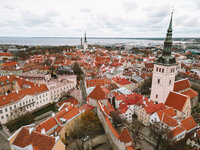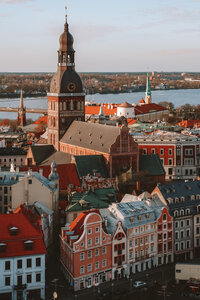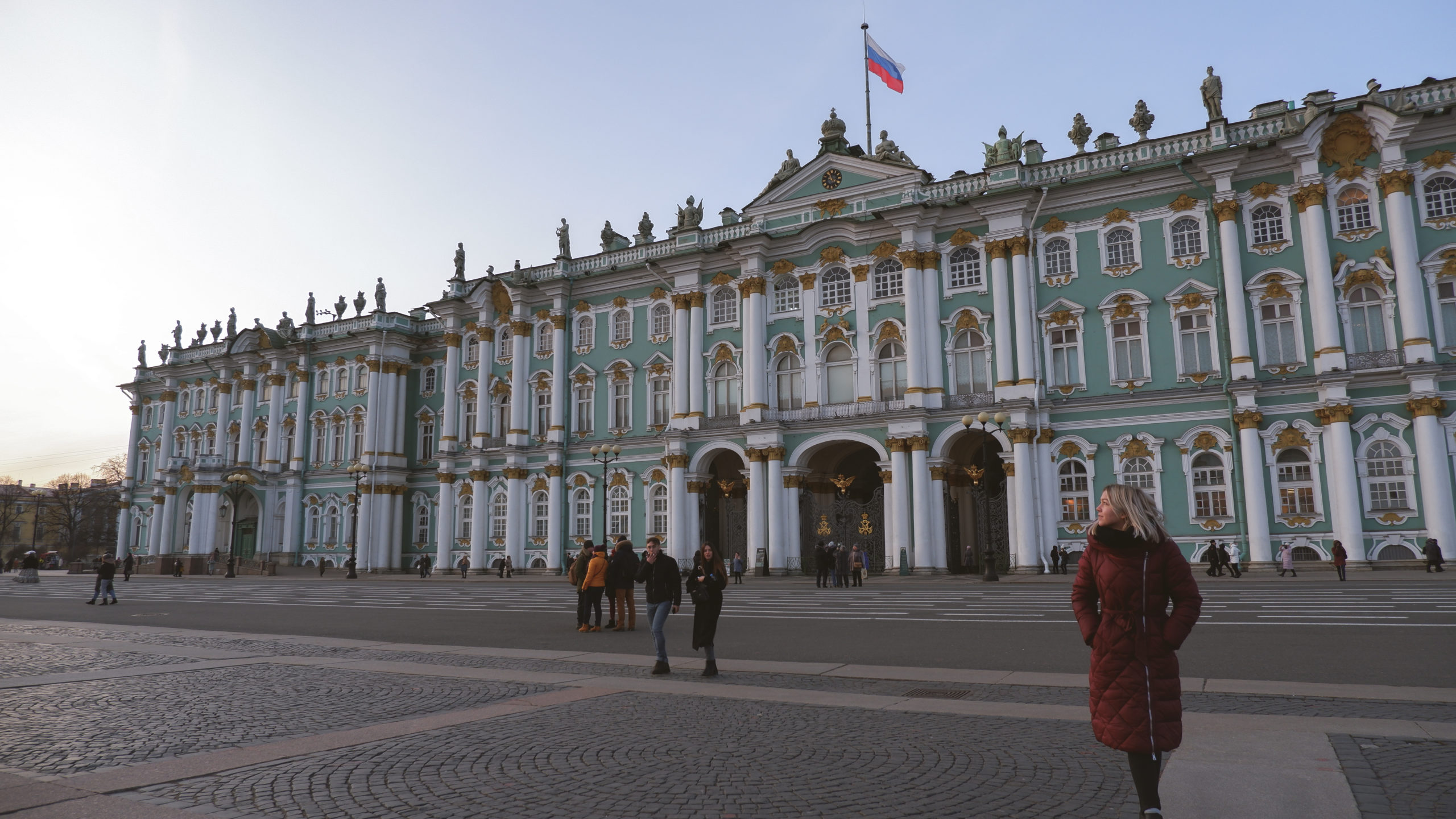

5 Reasons Why YOU Should Learn Russian
Добро пожаловать to my article about the reasons to learn Russian! When people ask me why I chose Russian out out all languages, I usually get this line of questioning:
Are your parents Russian?
Do you know people in Russia?
Out of every language . . . Why Russian?
Americans and Russians alike become a bit bamboozled as to why I chose Russian, but the answers were always the same:
No, no, and….because I enjoy it!
I understand why people are curious about my motivations, but the more I study the language and become more acquainted with the various countries and cultures that intersect with the Russian language, the more confused I become when I receive these questions. Why is it considered so strange to learn Russian in today’s society?
Last Updated: 2/23/22
Now, we won’t go down the rabbit hole of political biases and preconceived notions one might have with the former Soviet Union – at least not today. Rather, let’s discuss the myriad of reasons why Russian is incredibly beneficial to learn, and why you should consider learning Russian as a foreign language!
Давайте начнём)
5 Reasons To Learn Russian

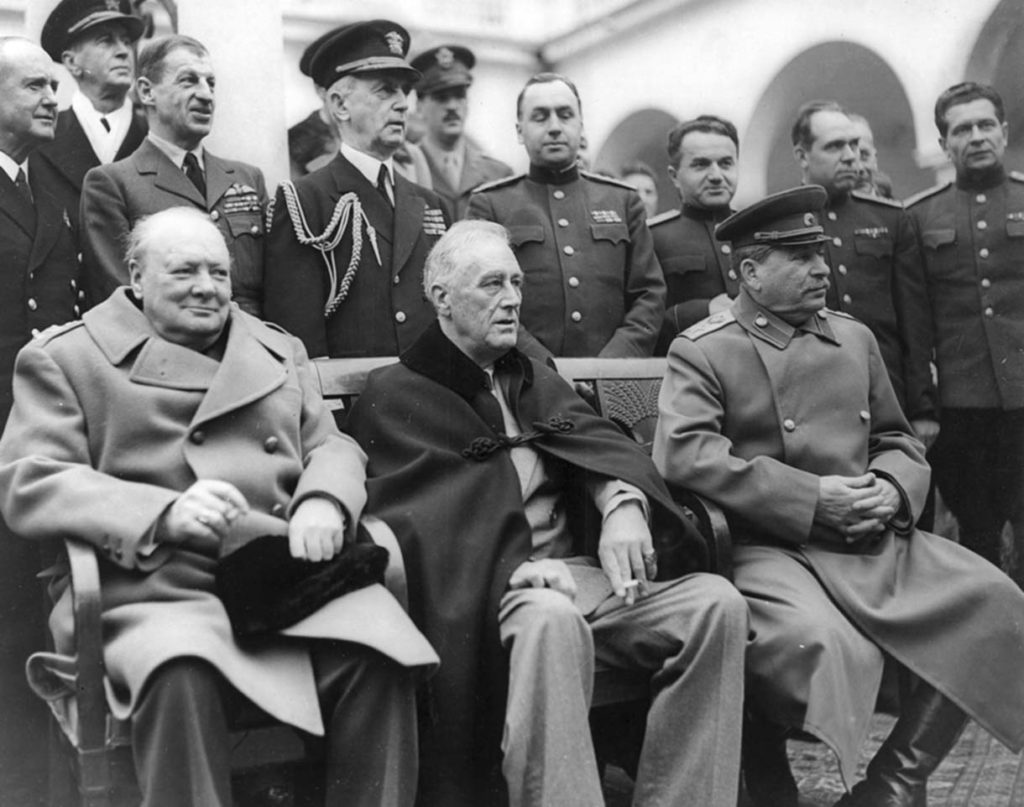

1. Russian is one of the six United Nations languages
The United Nations has six official languages: Arabic, Chinese, English, French, Russian, and Spanish. Russian was added as a working language during the Cold War, at a time when communication between nations was absolutely critical. After the Iron Curtain fell in 1989, the amount of people who speak Russian has grown tremendously. Today, Russian is spoken by over 260 million people worldwide, and is even the 2nd most common language on the internet!







2. Demand for Russian speakers is soaring in several industries
As Russia continues to emerge to the forefront of the global consciousness, knowledge of the Russian language unlocks many doors in a variety of social and professional spheres. This means more industries are increasing their employment opportunities, making Russian a competitive skill to possess. Among the many industries that are experiencing an increased demand for Russian speakers include:
- Computer Science/Engineering
- Politics/Government
- Diplomacy/International Relations
Due to this high demand, the U.S. State Department has officially deemed Russian as a “critical language” to encourage Americans to study the language. Consequently, there are many programs being sponsored by the government or private third-parties to incentive people to learn the Russian language.
For example, the Critical Language Scholarship (CLS) program is a government-sponsored study abroad opportunity for students to advance their Russian skills. CLS awards successful applicants with 100% paid for immersion programs in Russian-speaking countries. In 2018, I was awarded a CLS award and was lucky enough to study in Bishkek, Kyrgyzstan for 8 weeks completely for free!
CLS provided intensive Russian classes 5 days per week, weekly cultural excursions, and placement with a host family. They even provide finalists with monthly stipends to cover miscellaneous costs (transportation to school, food on the weekends, etc.) and cover the cost of airfare to and from your host country. It was a fantastic experience I was able to capitalize upon, simply because Russian has become a language of substantial interest and demand!







3. Russian is the perfect language to learn if you want a full immersion abroad experience
A huge benefit of traveling to Russian-speaking countries as a Russian language student is that you will surely have an immersive experience in navigating the country, culture, and language. According to The Telegraph, less than 10% of the Russian population speaks English – and several other former Soviet countries are shown to have even less.
If you are learning a language in a country that has few English speakers, it is less likely that someone will switch to English if they hear you stumble on your words or if you have even a slight accent. Having this language gap between your native tongue and target language creates an ideal learning environment because you don’t have English to fall back on and must speak your target language in order to get by.
Sure, this language barrier can be frustrating if you’re not able to communicate exactly what you’re thinking or what you need, but hey, that’s just language learning. Learning a language is a vulnerable process and the more practice and experience you have, the more comfortable you will feel.







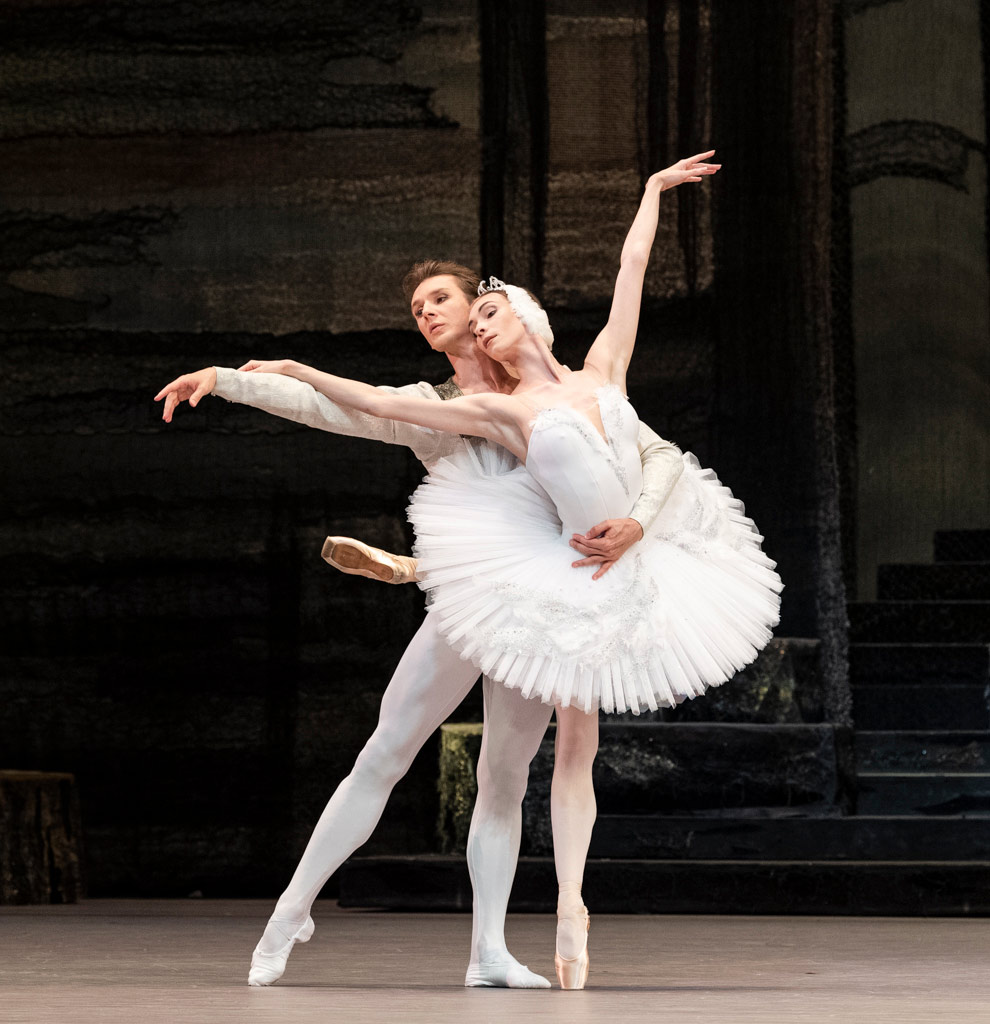

4. Understanding Russian grants you access to a treasure trove of rich Russian history and culture
Even those who have practically zero knowledge of Russia are familiar with its status as a world-renowned treasure trove of culture and art. Between its famous literary works, brilliantly composed operas and ballets, there truly is something for everyone when examining Russia’s cultural and historical footprint. Personally, I’m primarily interested in Soviet history (could you have guessed?), however, through studying the language I’ve gained an enormous appreciation for the various cultural and art forms noted above, and how they actually reflect the historical context of when they were written, composed, choreographed, etc.
Such rich culture provides a unique incentive to learn the Russian language – to be able to experience the art and literature in the language and headspace in which they were originally created. For example, if you are a huge literature junkie and Russian novels interest you, there is no better satisfaction than to read books in the language they were first written in. Translation can only take you so far, as often the beauty of something can only be understood if you understand the cultural and linguistic structure of its native language.
Whether its literature, art, opera, ballet, or history, learning Russian provides a unique perspective and context that can enhance your understanding and enjoyment of any particular part of Russian culture.







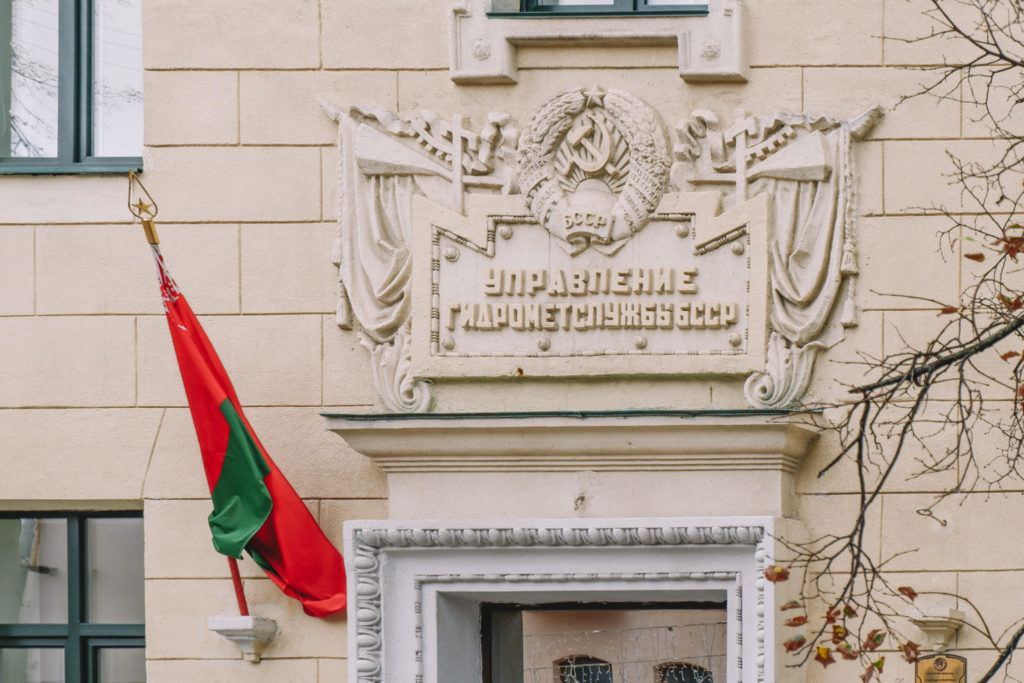

5. Russian is a universal language in post-Soviet countries
The unrelenting aggression of the Soviet Union to cloak as much of its surrounding area under the wings of communism resulted in Russian being institutionalized as the national language in 15 modern-day countries. An entire generation of people found themselves under Soviet control overnight and were either mandated to learn Russian or had the alphabet of their native language changed to better resemble the Cyrillic alphabet. Russian was a compulsory subject in all schools and was the official language of the Soviet Union. Once the USSR fell apart in 1991 and countries began to regain their independence, post-Soviet countries did not suddenly stop speaking Russian, as it had been ingrained into an entire generation.
Consequently, Russian is considered an unofficial language in all former Soviet countries. While some countries have made an orchestrated effort to reduce the usage of Russian in public spheres, Russian still remains a commonly spoken language that ties the former USSR countries together. In fact, some countries such as Belarus and Kazakhstan still have Russian as an official state language.







If These Reasons to Learn Russian Have Intrigued You . . .
If we were sitting together in person, I could talk your ear off for hours about why you should choose to study Russian as your next foreign language. Although, at the end of the day, if none of the reasons are applicable to you or your interests, then that’s entirely your choice. The Russian language is not for the faint of heart – It takes time. It takes a lot of perseverance through much embarrassment and failure. So if you’re not passionate about it, or have no reason to strive to become proficient or fluent in Russian, you’re not going to get very far before getting frustrated and quitting.
However, if any of the reasons stated above intrigue you and motivate you to start learning Russian, I cannot recommend it enough. Learning Russian has opened so many doors for me, and I have unlocked access to a whole other world of history, culture, and friendship that I didn’t have before.
Ready to get started? Check out my collection of Russian study guides for beginners: The Basics!
Not a beginner? I have tons of guides for intermediate & advanced learners as well! You can find all of my Russian language study guide categories on my page Learn Russian.
Happy studying!
Melissa
Learn to speak russian
Travel with ease & dive into the culture, history & lifestyle of post-Soviet countries
free russian learning materials

Melissa

Get the Goods
Head over to the Language & Travel Shop to check out my favorite goodies I use for learning Russian and traveling! I've compiled all my favorite products I use when #onthebloc so that you can benefit from them when you travel abroad. Help yourself prepare and support this blog at the same time :) Счастливого пути!


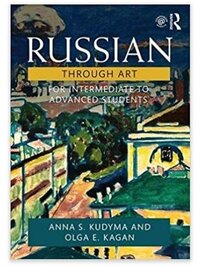

carry-on goods
gifts for travelers
photography
apparel & accessories
textbooks & readers
luggage & bags

categories
#oTB essentials
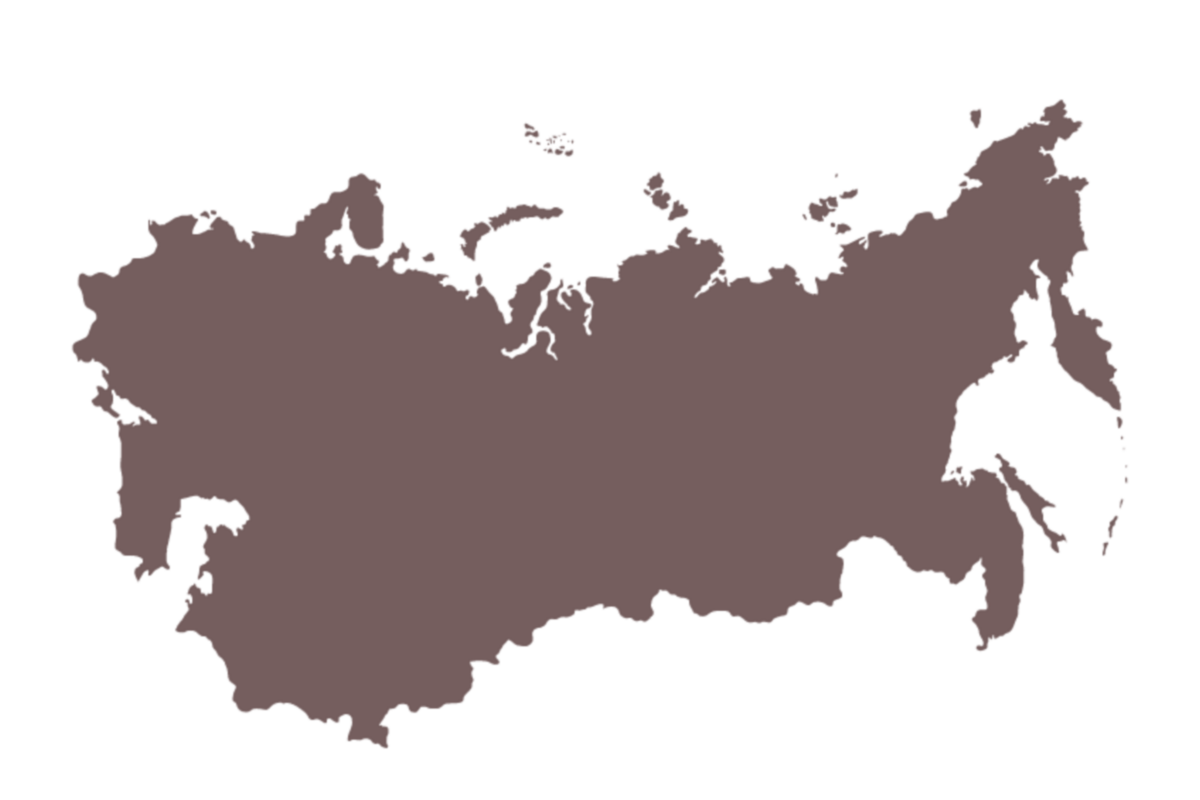
Russian-Speaking Travel Destinations
use your new russian skills in real life!
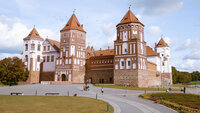
Belarus
EASTERN EUROPE
central Asia
central Asia


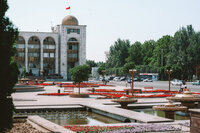
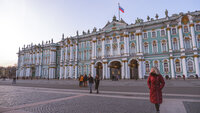
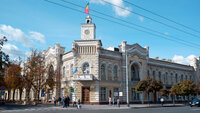
Eurasia
Russia
Kyrgyzstan
armenia
Moldova
Kazakhstan
eastern europe
read »
read »
read »
read »
read »
read »
The caucasus
travel guides
Get your FREE #OnTheBloc Starter Kit!
Sign up for the NGB Monthly Newsletter & you'll get a FREE downloadable PDF with Russian language and travel resources for your post-Soviet journey!
оставаться на связи



